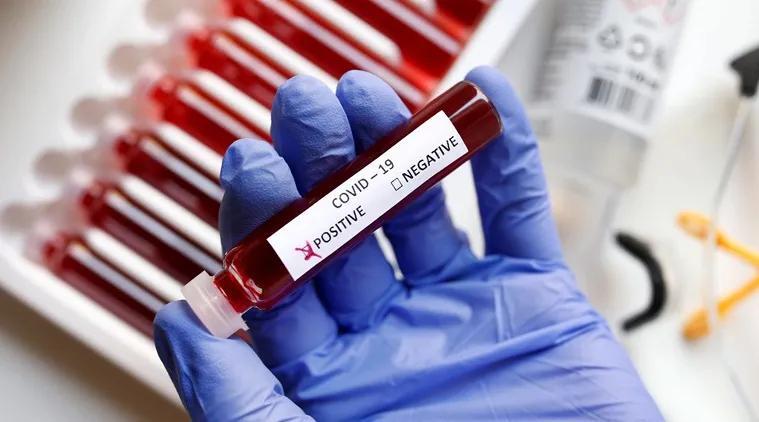
COVID-19 Pandemic May Have Aged People’s Brains: Study
The COVID-19 pandemic has brought about unprecedented challenges to global health, economies, and societies. Beyond the immediate health risks, the pandemic has also had a profound impact on our mental and emotional well-being. A recent study published in Nature Communications suggests that the pandemic may have had a more insidious effect on our brains, potentially accelerating the aging process.
According to the study, the COVID-19 pandemic may have led to accelerated brain aging, regardless of infection status. The researchers found that this aging was influenced by bio-psycho-social factors, particularly social and health deprivation. The study, which analyzed data from over 1,000 adults in the UK, discovered that the aging effect was more pronounced in men and older individuals.
The study’s findings are concerning, as accelerated brain aging can have significant implications for our cognitive and emotional well-being. As we age, our brains naturally undergo changes that can affect our memory, attention, and processing speed. However, premature aging can accelerate these changes, leading to a decline in cognitive function and increased risk of dementia.
So, what exactly did the study find? The researchers analyzed data from the UK Biobank, a large-scale biomedical database, to examine the effects of the pandemic on brain aging. They used a combination of cognitive and neuroimaging tests to assess the participants’ brain health and aging.
The study found that the pandemic was associated with accelerated brain aging, which was evident in changes to the structure and function of the brain. Specifically, the researchers observed:
- Reduced cognitive reserve: The pandemic was linked to a reduction in cognitive reserve, which is the brain’s ability to adapt and compensate for age-related changes. This reduction was more pronounced in men and older individuals.
- Increased brain aging markers: The study found that the pandemic was associated with increased levels of brain aging markers, such as amyloid-beta, a protein that is a hallmark of Alzheimer’s disease.
- Changes in brain structure and function: The pandemic was linked to changes in brain structure and function, including reduced volume in regions responsible for attention, memory, and executive function.
The researchers also found that the pandemic’s effects on brain aging were independent of infection status, meaning that even individuals who were not infected with COVID-19 were still susceptible to accelerated brain aging.
So, what are the implications of this study? The findings suggest that the pandemic may have had a profound impact on our brain health, particularly for men and older individuals. The study highlights the importance of addressing the bio-psycho-social factors that contribute to accelerated brain aging, such as social and health deprivation.
In light of these findings, it is essential that we prioritize our brain health during times of crisis. This can be achieved by:
- Staying socially connected: Maintaining social connections and building new ones can help mitigate the effects of social isolation and deprivation.
- Practicing good mental health: Engaging in regular exercise, meditation, and other stress-reducing activities can help promote mental well-being and reduce the risk of accelerated brain aging.
- Staying mentally active: Engaging in mentally stimulating activities, such as learning a new skill or hobby, can help build cognitive reserve and reduce the risk of cognitive decline.
In conclusion, the COVID-19 pandemic may have had a profound impact on our brain health, potentially accelerating the aging process. The study’s findings highlight the importance of addressing the bio-psycho-social factors that contribute to accelerated brain aging, particularly social and health deprivation. By prioritizing our brain health and taking proactive steps to mitigate the effects of the pandemic, we can reduce the risk of accelerated brain aging and promote optimal cognitive and emotional well-being.






